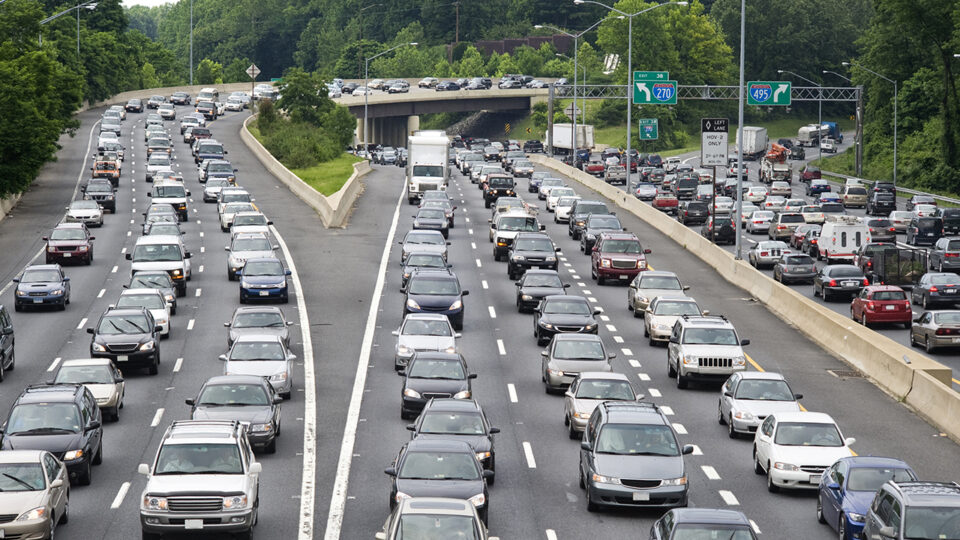Urban areas face significant challenges in managing traffic congestion, ensuring road safety, and reducing environmental impact. Smart traffic control systems, leveraging advanced technologies like AI and IoT, offer promising solutions to these issues. Here’s how smart traffic control systems can enhance urban living, with a nod to the essential role of traditional Salus Traffic Control services.
Real-Time Traffic Optimization
One of the most significant advantages of smart traffic control systems is their ability to optimize traffic flow in real-time. By using data from sensors, cameras, and GPS devices, these systems can dynamically adjust traffic signals and manage congestion. This leads to smoother traffic flow, reduced travel times, and lower emissions from idling vehicles.
Enhanced Safety
Smart traffic systems can significantly improve road safety. AI-driven technologies can quickly detect accidents or hazardous conditions and respond by adjusting traffic signals or alerting emergency services. This rapid response can reduce the severity of accidents and ensure that help arrives promptly.
Environmental Benefits
Reducing traffic congestion not only improves travel times but also has a positive environmental impact. Smart traffic systems can decrease vehicle emissions by minimizing stop-and-go traffic. Additionally, optimized traffic flow can lead to more efficient fuel use, contributing to lower overall pollution levels in urban areas.
Predictive Capabilities
Smart traffic control systems can analyze historical data to predict traffic patterns and prevent congestion before it occurs. This proactive approach allows city planners to implement measures that can mitigate traffic issues during peak hours or special events, enhancing the overall efficiency of urban transportation networks.
Improved Emergency Response
In emergencies, every second counts. Smart traffic systems can prioritize routes for emergency vehicles, ensuring they reach their destinations as quickly as possible. By dynamically adjusting traffic signals and providing real-time traffic information, these systems can significantly improve emergency response times.
Cost Efficiency
While the initial investment in smart traffic control systems can be high, the long-term benefits often outweigh the costs. These systems can reduce the need for extensive infrastructure expansion and lower operational costs by automating many traffic management tasks. Over time, cities can save money while providing better services to their residents.
Integration with Traditional Traffic Control Services
Despite the numerous benefits of smart traffic systems, there remains a crucial role for traditional traffic control services like those provided by Salus Traffic Control. These services offer several complementary advantages:
Human Judgment in Complex Situations
Traffic control officers can make nuanced decisions in unique or unexpected scenarios that AI might struggle with. Their experience and judgment are invaluable in managing complex traffic situations.
Immediate On-Site Response
For construction zones, special events, or emergencies, having physical personnel on-site allows for immediate action and communication with drivers and pedestrians. This human presence can provide reassurance and clear guidance that automated systems cannot match.
Flexibility and Adaptability
Companies like Salus Traffic Control can quickly adjust their services to meet changing needs, whether for short-term events or long-term projects. This adaptability ensures that traffic management remains effective under varying conditions.
Specialized Expertise
Traffic control professionals bring years of experience and specialized knowledge to each situation, ensuring safety and efficiency. Their expertise is particularly valuable in designing and implementing traffic control plans that meet specific project requirements.
Conclusion
Smart traffic control systems offer a range of benefits that can significantly improve urban living, from real-time traffic optimization and enhanced safety to environmental benefits and cost efficiency. However, the integration of these advanced systems with traditional traffic control services, like those provided by Salus Traffic Control, ensures a comprehensive approach to managing urban traffic. By combining the strengths of both smart technology and human expertise, cities can create safer, more efficient, and more livable urban environments.

